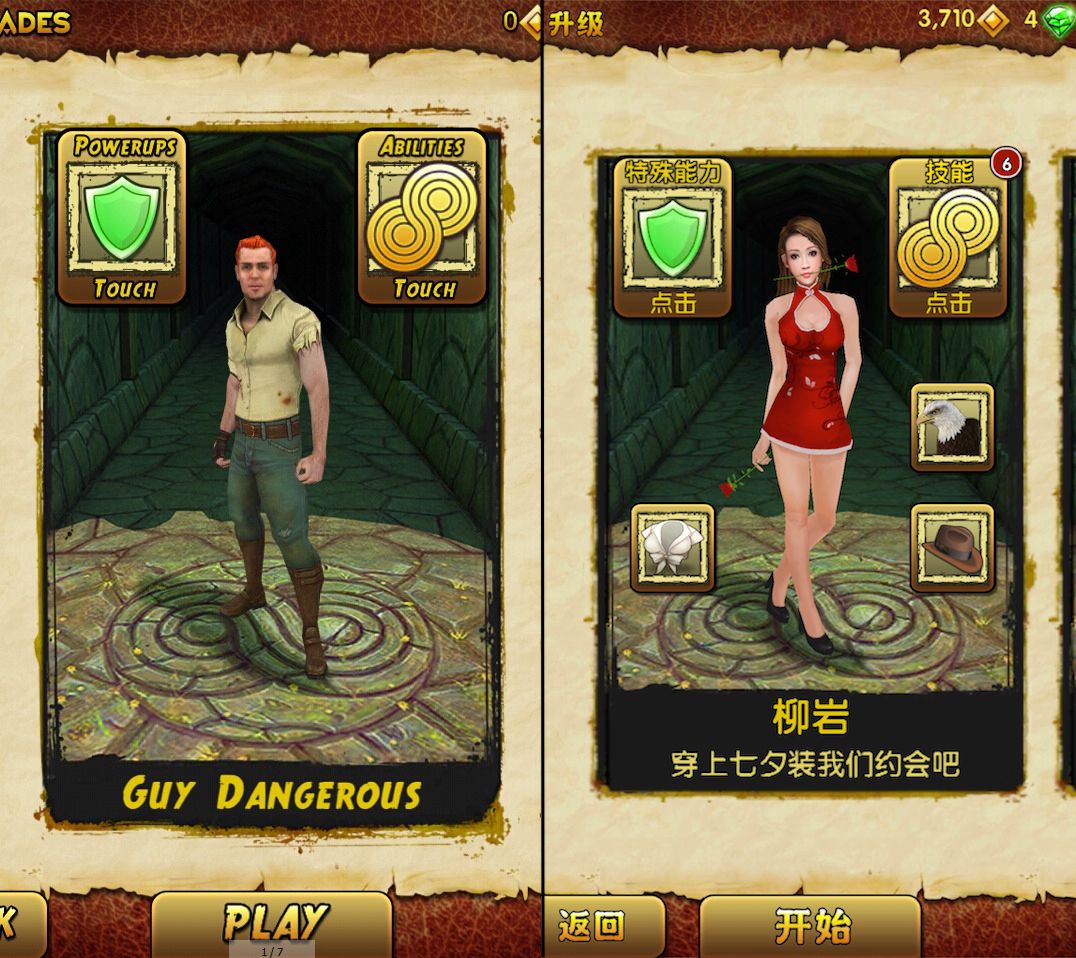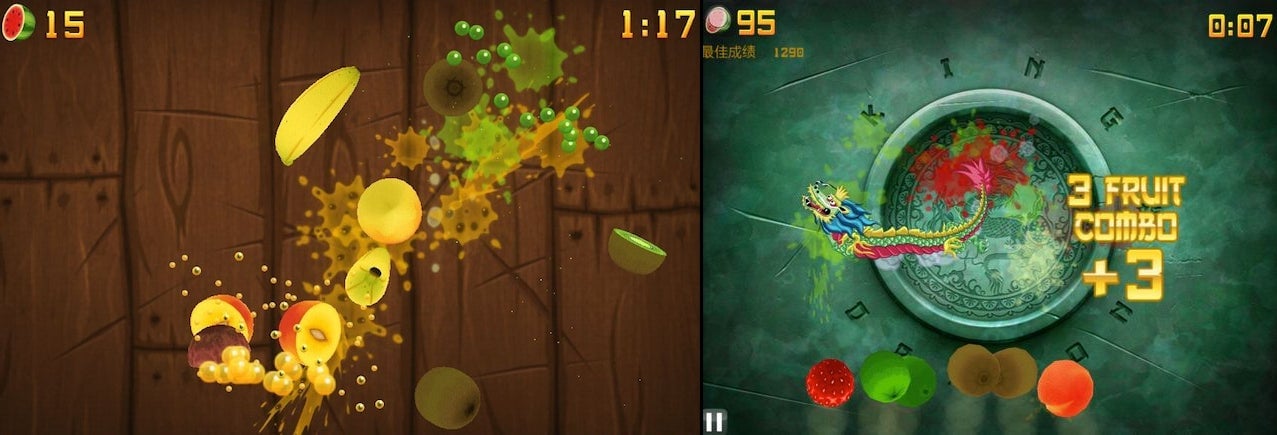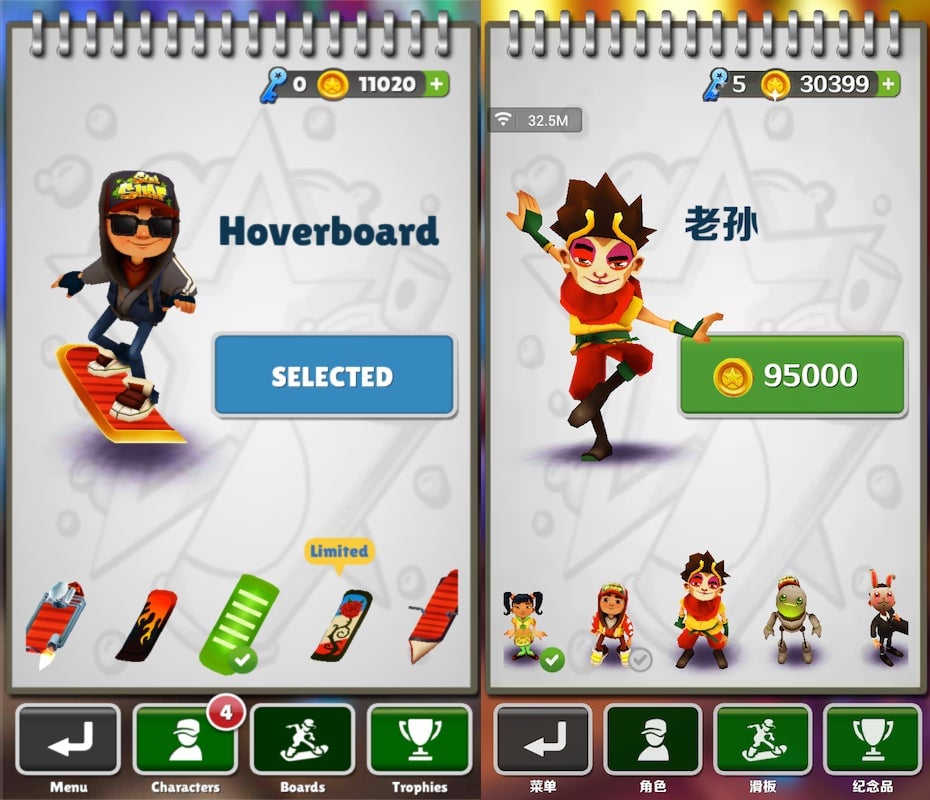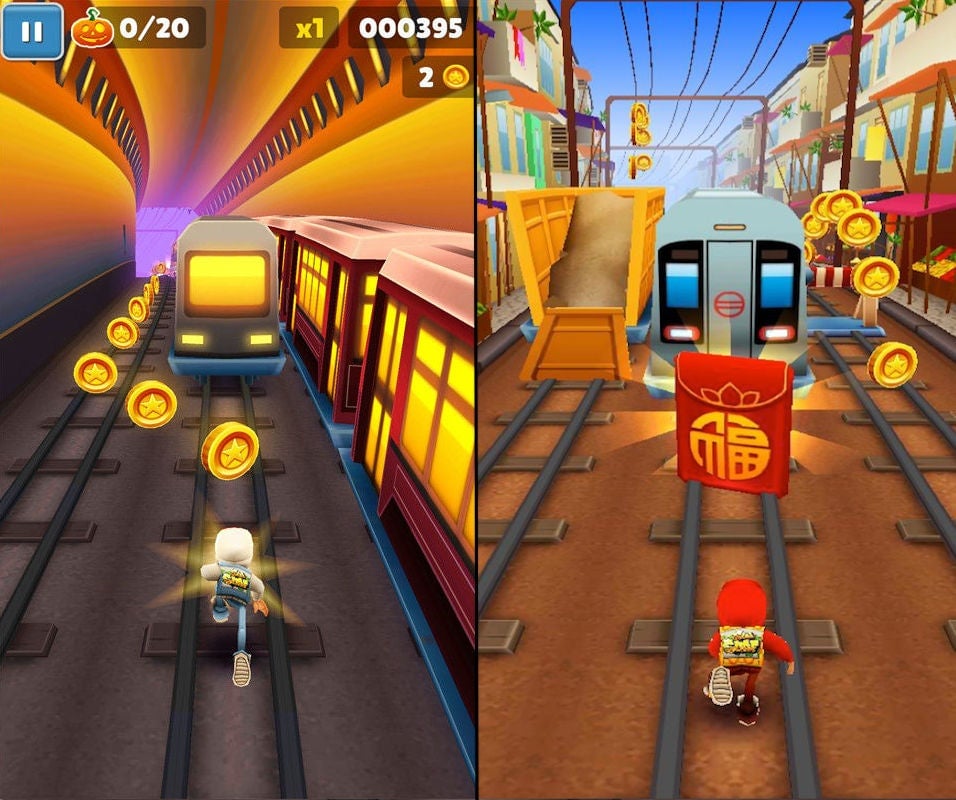How this company takes a mobile game like Fruit Ninja and adapts it for Chinese users
When a western mobile-games company wants to bring a game to China, there are a few factors they probably should consider: Will the game suit local tastes? Is it in a language that the target user can understand? And do phones in China have the same technical capabilities as western phones to even run this game?


When a western mobile-games company wants to bring a game to China, there are a few factors they probably should consider: Will the game suit local tastes? Is it in a language that the target user can understand? And do phones in China have the same technical capabilities as western phones to even run this game?
Enter iDreamSky Technology, China’s largest mobile-games production company, which raised $115.5 million today in an initial public offering priced at $15 a share. (Chinese internet giant Tencent is a major shareholder.)
In an age defined in large part by a trend toward globalization, it’s ironic that localization would be seen as a formula for success. But that’s what iDreamSky is doing. The company has more than 98 million monthly users in a market where mobile-game sales rose 75% last year. Revenue at the company has grown astronomically, from 22.1 million yuan ($3.6 million) in last year’s first quarter to 174.1 million yuan ($28.2 million) in the first quarter of 2014.
iDreamSky’s niche in the increasingly competitive Chinese mobile-game sector is to take popular western games—like Fruit Ninja, Temple Run 2, and Subway Surfers—and tailor them for Chinese users. The first, most obvious step for localizing a game is to provide basic translation of English words and phrases into Chinese ones.

Next, the company adds Chinese cultural elements to the game. In Fruit Ninja, iDreamSky changed the background to feature dragons. It also gave the virtual user a Chinese sword, and added fruits that had special meaning—such as peaches, which signify longevity in China.
Some local requests never make it past the suggestion stage. iDreamSky co-founder Jeff Lyndon tells Quartz that customers in China have wanted the company to add xiaolongbao (dumplings) to Fruit Ninja, for example. “But we can’t. You need to understand the universe which this game is based on—it’s Fruit Ninja.”

The company sometimes injects games with new characters that Chinese audiences would find more familiar. In China’s version of Subway Surfers, for instance, the main character riding the hover board is Sun, who takes after the Monkey King, a highly recognized literary character in China. For Temple Run 2, game developers created an avatar of Ada Liu, an up-and-coming Chinese celebrity.

Subway Surfer’s subways were redesigned to reflect the look of Beijing’s subways, and the game incorporates items like hongbao—red Chinese envelopes typically distributed during special occasions like Chinese New Year or weddings.

Lastly, the company tries to consider any important differences either in user behavior or in the type of technology available to Chinese users, Lyndon says. For instance, with the majority of Chinese users still on 2G services (compared to mainly 4G services in western countries), games need to adapt bandwidth-wise. Also, Lyndon says, Chinese users aren’t familiar with the concept of paying for games.
But they are familiar with mobile-messaging apps that offer a tie-in to games. iDreamSky plans to develop an updated version of Fruit Ninja played on messaging apps like WeChat. (While US apps like WhatsApp can’t accommodate gaming, platforms in Asia—like WeChat, KakaoTalk, and Line—can.) The updated messaging-app version of Fruit Ninja will have new features like characters with special powers, and the ability to invite a friend to help you play the game.